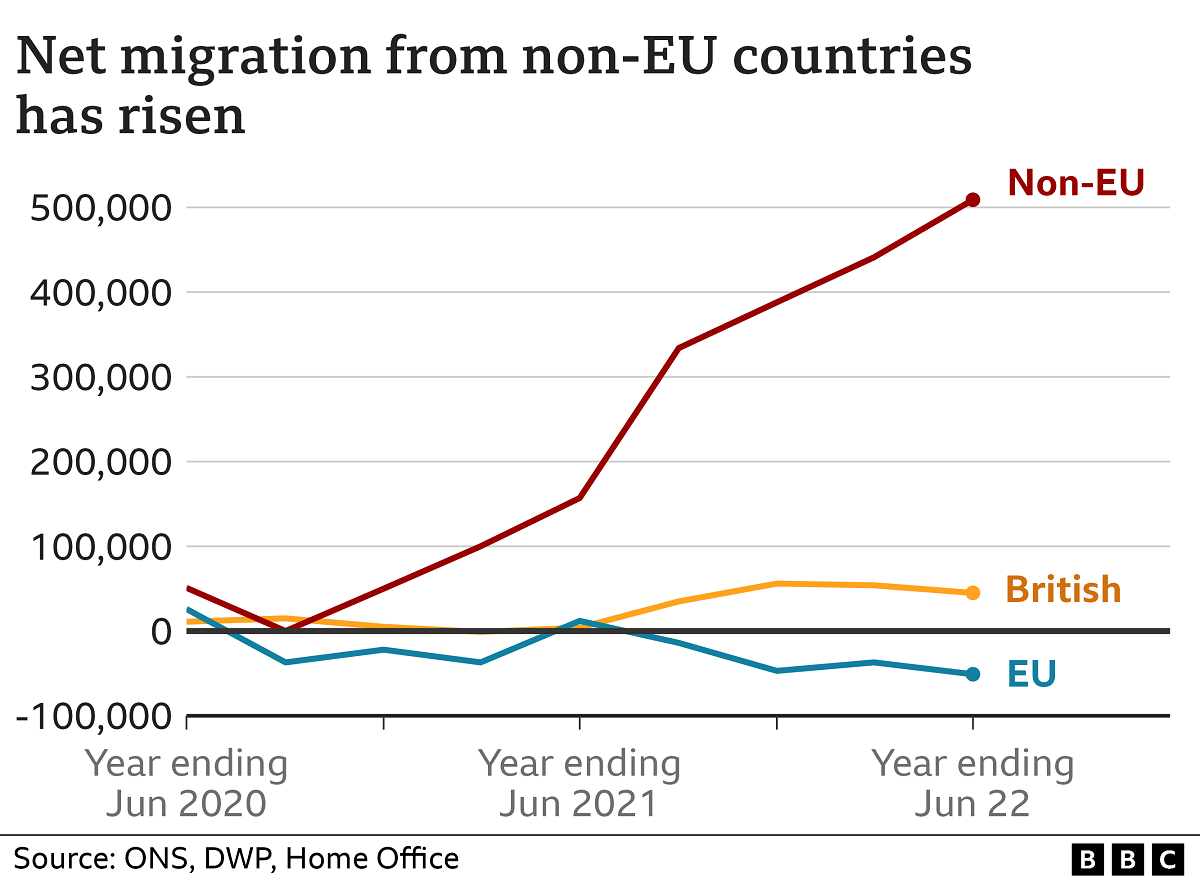Subject: Can we take in more.
All of you who have blood pulsing through your veins (if you don’t you won’t be reading this anyway) will be aware of the potential and in some cases, existential crisis resulting from the upheaval in the world population of potentially millions of people wishing to leave the country they were born in to move somewhere else they feel they will have a better chance of life. In the 1950s and 60s there were the £10 Poms who were encouraged to emigrate to Australia whilst at the same time there was a movement from mainly the Sub Continent and the West Indies to come here as part of an effort to fill the population decline in the UK due to the carnage of war and also to attract cheap labour to bolster our industries offsetting the modern industrial machinery and techniques which Asian countries were employing to produce the things we traditionally had sold prewar to the world.
These countries, far away and out of sight, as were we to them were suddenly made visible by television and the use of the worldwide web communication service.. The opportunities for a Bangladesh person, a Pakistani, or someone from Barbados to contemplate making the journey opened up a whole new world. When I set off in 1960 passport in hand, my assumption was, perhaps bred by colonialism that I had a place somewhere else short term, long term I simply took it as an adventure and a opportunity, I wasn’t fleeing from strife but the “the world was my oyster” for me to incubate myself in.
There was plenty of strife then, as now, wars and religious strife have been the trademark of the human race from time immemorial but “ignorance is bliss” (yet another proverb) which largely kept mankind’s knowledge local and specific to his tribe, its customs and its locality.
Communication and global economics has let the genie out of the bottle and the human diaspora has seen the dispersion of nations across boarders in a way never seen before. Boarders have lost their meaning with the ‘human rights act’ insisting on nations opening their boarders to anyone who can prove the need to avoid tyranny, even at home and it becomes the responsibility of humanity at large to look after them. This concept of humanity writ large has no direct definition for the recipient only the individual who is being displaced but what of the needs of the incumbent, the person who may now be displaced or who’s condition is worsened by the weight of numbers coming in which places enormous strain on an already rickety infrastructure such as schooling, housing, healthcare and of course employment.
Listening to a debate today in the House of Lords they are examining the potentially draconian bill, passed from the House of Commons for their Lordships to discuss, which flies in the face of many human right conventions and much of what we proudly thought was our leadership in these matters on human rights.
Altruism was a badge we felt we could pin to our chest. It was a footnote to our national balance sheet an antidote to nimbyism (not in my back yard) which was seen as selfish was not supported. That of course was when we had a healthy balance sheet and could afford to be magnanimous but now, as we perilously slide down the slippery economic pole we are having a second look.
Can we afford to be generous to strangers room overseas or should we shut up shop and reject any newcomers until we sort out our schools, our hospitals and build some houses. If we are failing on each of these fronts with the people living here how can we presume to take in more.
Watching from behind the lens of the television camera one has a view of the emotional conflict in the political standpoint of those debating and those waiting to debate. There is almost visible pain on the face of a Lib Dem Peer as he listens to the pragmatic argument put forward by a Tory Peer, an argument apparently void of any sympathy fore the Syrian disembarking from the rubber dinghy on the beach near Folkestone. This ‘pragmatic’ versus ‘empathy’ has made it difficult to understand why people would not feel so angry whilst their children are left to contemplate the consequences yet it’s often the children who seem to welcome the thought of radical change regarding the makeup of the society they live in.
Can’t they do the maths or is the ideal of a ‘common purpose’ for mankind’s survival, a sort of Hara Krishna transcendental mantra which makes passive thought possible and washes out all vestiges of the national identity as a promoted aim to save the planet.

No comments:
Post a Comment